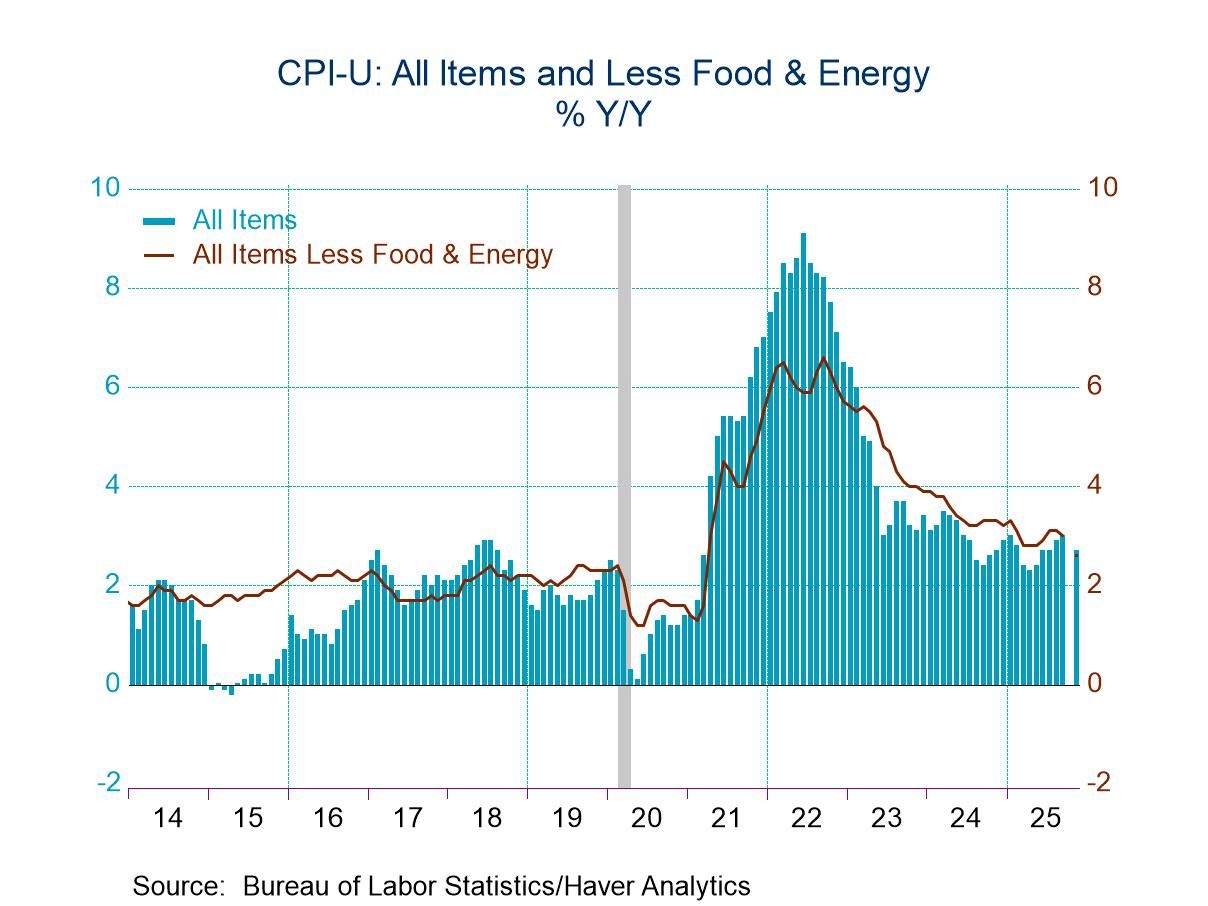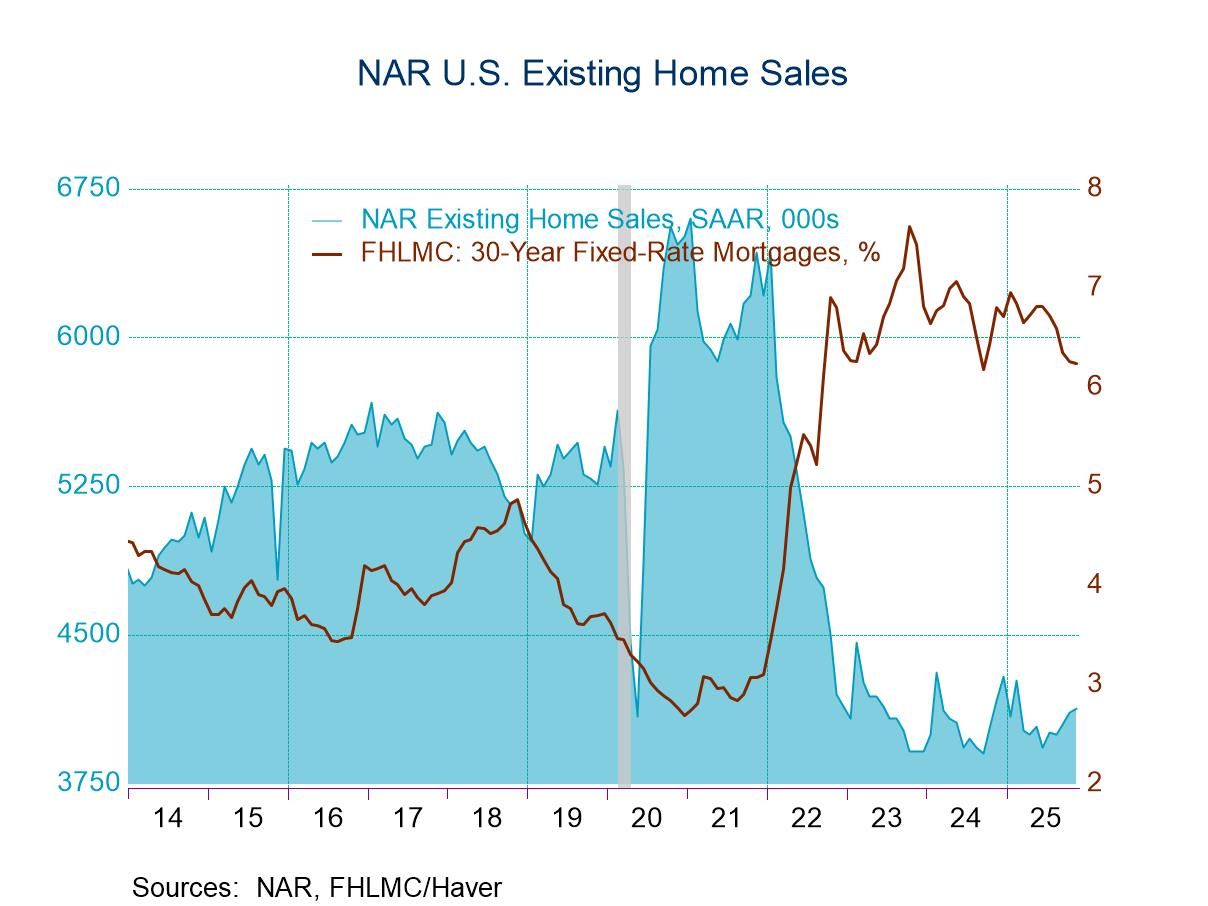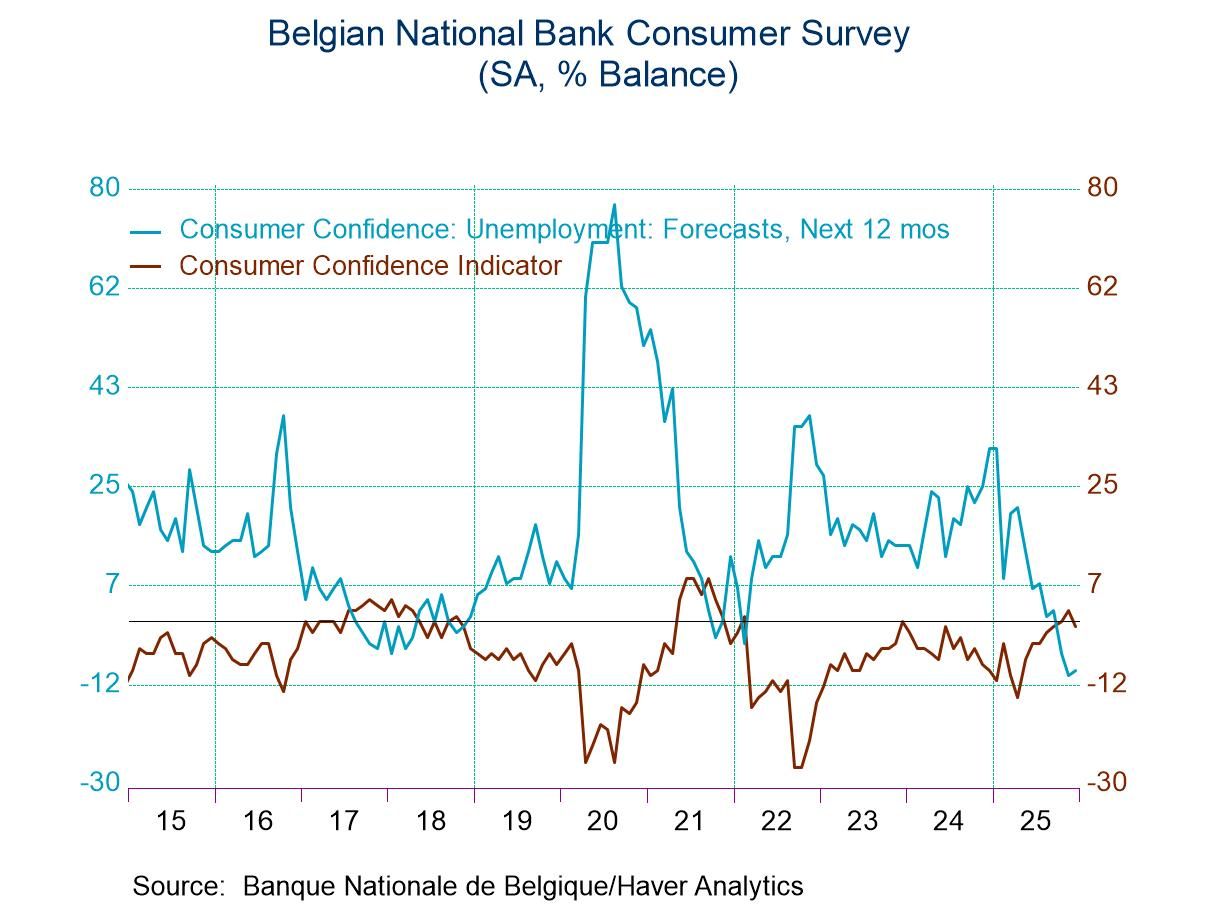 Global| Sep 25 2015
Global| Sep 25 2015French Consumers Begin to Feel Better in September
Summary
French consumer sentiment increased to 97 in September from 94 in August, up from its 12-month average of 92. Still, the index sits only in the 50.2 percentile of its historic queue of data. That leaves it just a smidgen above its [...]
 French consumer sentiment increased to 97 in September from 94 in August, up from its 12-month average of 92. Still, the index sits only in the 50.2 percentile of its historic queue of data. That leaves it just a smidgen above its historic median. And yet as we can see the French confidence reading has risen strongly in the past year, gaining 11 points, three of them in September alone.
French consumer sentiment increased to 97 in September from 94 in August, up from its 12-month average of 92. Still, the index sits only in the 50.2 percentile of its historic queue of data. That leaves it just a smidgen above its historic median. And yet as we can see the French confidence reading has risen strongly in the past year, gaining 11 points, three of them in September alone.
Many of the readings among the components of the index are negative. Living standards over the last 12 month are ratings at -52 in September, an improvement of 4 points from August. The reading stands in the 57th percentile of the historic queue of responses. Expectations for living standards for the next 12 months improved relatively sharply to -28 from -34. The expectations reading for living standards has improved by more than this month-to-month only about 7% of the time. Still, the reading only stands in the 54th percentile of its historic queue of readings.
The unemployment reading has been declining; it fell from 51 in August to 45 in September. The monthly drop in unemployment expectations has been larger than this only about 20% of the time. Unemployment expectations are still not low as they stand in the 56th percentile of their historic queue of data, above their historic median (at the 50th percentile).
Inflation perceptions over the last 12 months weakened to stand weaker only 1.6% of the time. Looking ahead, inflation expectations are much different. Although they have weakened again, they reside in the 53rd percentile of their historic queue, a much more middling response.
Savings standings show that the environment is not considered a favorable environment in which to save. That assessment, nonetheless, rose to 8 in September from -6 in August. But it stands only in only its 14th percentile. The ability to save over the next 12 months also improved sharply in September to -2 from -11. Despite the unfavorable environment, respondents expect their ability to save in the next 12 months to improve sharply; the standing of their response is higher only about 10% of the time.
As we look at the responses of the French survey, we see a cluster of moderate readings. The strongest reading is the hope that people will be able to save more over the next 12 months. Even so, the expectation of unemployment is only midrange over the next 12 months. French consumers have seen some improvement in their economy and that shows in their expectations. They are not pessimistic anymore. Their expectations are still rather modest for the most part. But there seems to be upward momentum in their responses and in their hopes.

Robert Brusca
AuthorMore in Author Profile »Robert A. Brusca is Chief Economist of Fact and Opinion Economics, a consulting firm he founded in Manhattan. He has been an economist on Wall Street for over 25 years. He has visited central banking and large institutional clients in over 30 countries in his career as an economist. Mr. Brusca was a Divisional Research Chief at the Federal Reserve Bank of NY (Chief of the International Financial markets Division), a Fed Watcher at Irving Trust and Chief Economist at Nikko Securities International. He is widely quoted and appears in various media. Mr. Brusca holds an MA and Ph.D. in economics from Michigan State University and a BA in Economics from the University of Michigan. His research pursues his strong interests in non aligned policy economics as well as international economics. FAO Economics’ research targets investors to assist them in making better investment decisions in stocks, bonds and in a variety of international assets. The company does not manage money and has no conflicts in giving economic advice.






